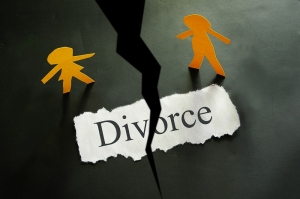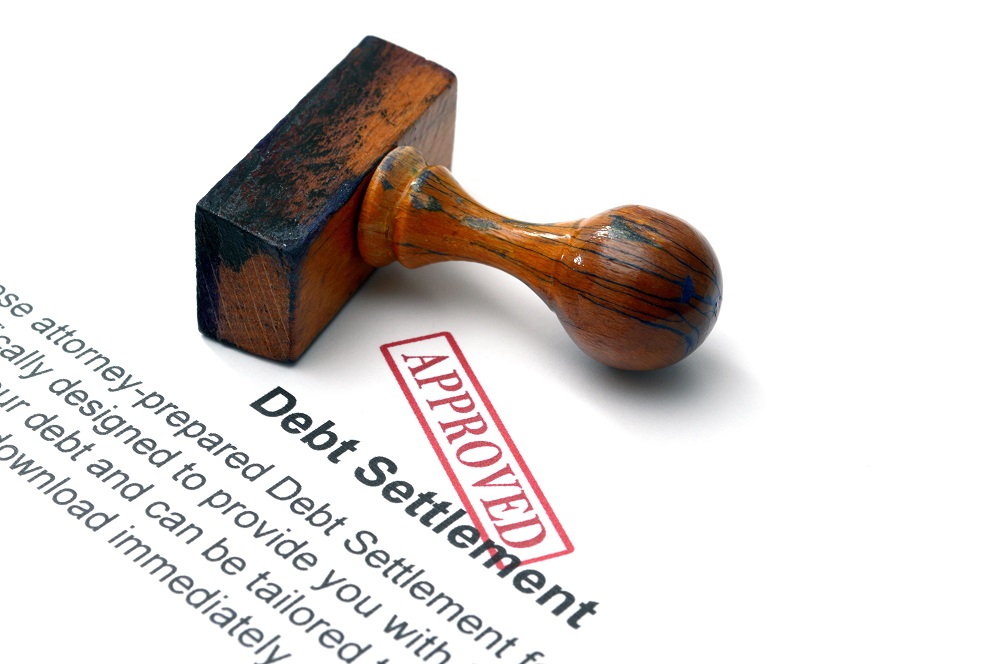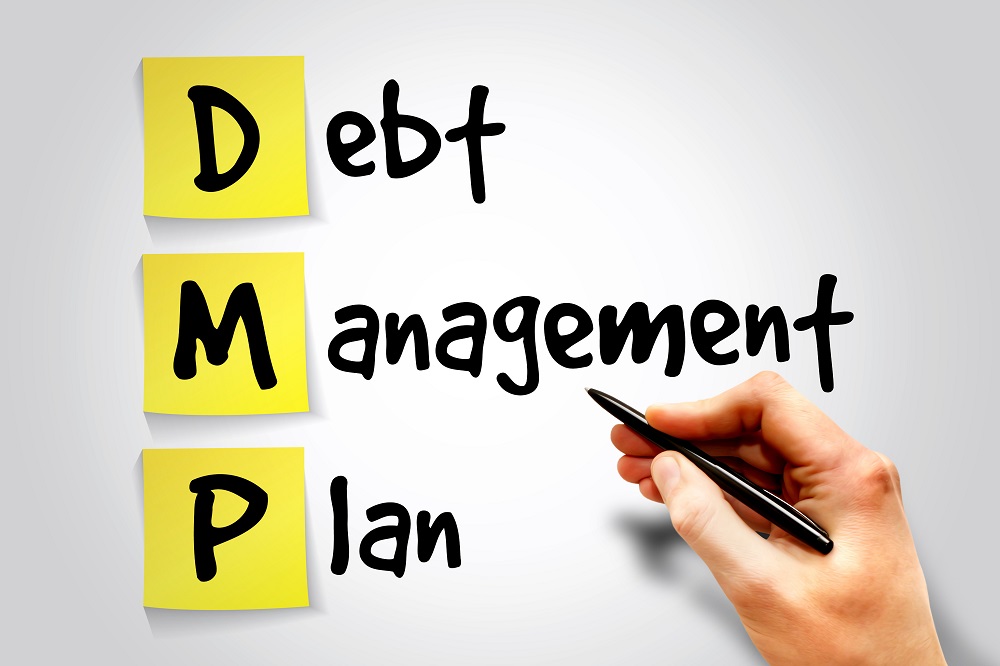Introduction to Debt Settlement During Divorce
 Divorce can be an extremely difficult time for many people, financially speaking. A divorce will often require both spouses to rearrange their personal budgets as they adjust to (for example) child support payments, spousal support payments, and payments toward debts the couple acquired during the course of the marriage. These challenges may cause some divorcing spouses to consider debt consolidation or debt settlement as a way of coping with their financial pressures. While debt settlement or debt consolidation are available to divorcing, divorced, single, and married individuals, deciding when to apply for debt settlement can be a tricky issue when a divorce is pending.
Divorce can be an extremely difficult time for many people, financially speaking. A divorce will often require both spouses to rearrange their personal budgets as they adjust to (for example) child support payments, spousal support payments, and payments toward debts the couple acquired during the course of the marriage. These challenges may cause some divorcing spouses to consider debt consolidation or debt settlement as a way of coping with their financial pressures. While debt settlement or debt consolidation are available to divorcing, divorced, single, and married individuals, deciding when to apply for debt settlement can be a tricky issue when a divorce is pending.
The (Hypothetical) Story of Ron
For purposes of this post, consider a fictitious character named Ron who has just filed for divorce from his wife. Ron and his wife were married for several years and accumulated a significant amount of assets and debts. Chief among the couple’s debts are several credit card bills, a mortgage, a car payment, and medical bills. For each of these obligations, both Ron and his wife are listed as co-obligors (meaning they are both obligated to pay the debt). However, Ron has been paying the minimum payments on these obligations from his salary for the past few years.
The divorce case has dragged on longer than Ron expected and he is now finding it difficult to continue making payments on the debt and pay his attorney’s fees and other expenses. Ron considers entering into a debt settlement plan to help him address his obligations.
Why Ron (and You) Should Wait
Ron should refrain from entering into a debt settlement agreement for as long as possible – preferably until the divorce is finalized. Although it may be difficult to do so, there are significant benefits for Ron. As part of its property division functions, the divorce court will also divide the debts the couple acquired during the course of the marriage between Ron and his wife. This means that the debt Ron would be responsible could be lessened (perhaps significantly) when the court has completed allocating the debts between the parties.
 Suppose that the couple’s debts totaled $100,000, with $75,000 in mortgage debt, $10,000 owed on the couple’s two cars, and $15,000 owed in credit cards and medical bills. Ron would not be able to settle the mortgage or car loan debts without surrendering the property, but he might reasonably expect to settle the credit card and medical debts for $7,500 (50 percent of the balances owed on those accounts). This may also affect the manner in which the court decides to divide the debt between Ron and his wife.
Suppose that the couple’s debts totaled $100,000, with $75,000 in mortgage debt, $10,000 owed on the couple’s two cars, and $15,000 owed in credit cards and medical bills. Ron would not be able to settle the mortgage or car loan debts without surrendering the property, but he might reasonably expect to settle the credit card and medical debts for $7,500 (50 percent of the balances owed on those accounts). This may also affect the manner in which the court decides to divide the debt between Ron and his wife.
Now, suppose Ron waits until the divorce is finalized: a court has ordered that half of the car payment be set over to Ron’s spouse (as she will be retaining the use of one of the cars) and that Ron’s spouse is also responsible for half of the couple’s unsecured debts. Now if Ron goes to settle his debt, he will only be settling $7,500 worth of debt and might reasonably expect to settle this for $3,750 – 50 percent of the balances owed on those accounts). While filing for debt settlement while the divorce was pending may have provided Ron with temporary relief from his financial pressures, waiting until the divorce was finalized would likely have resulted in greater savings to Ron overall. See the article in the Huffington Post about What Your Divorce Attorney won’t tell you about marital debt.
Of course, if the debt that is causing you problems is a debt you acquired before the marriage, you may safely choose to settle such debt while your divorce is pending as most courts will not consider such debt to be divisible but will instead assign the debt wholly to you.




